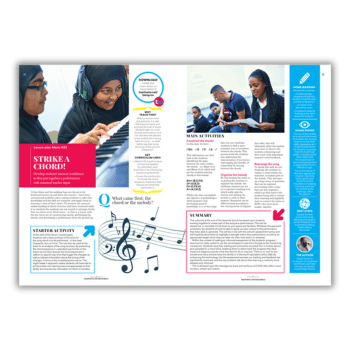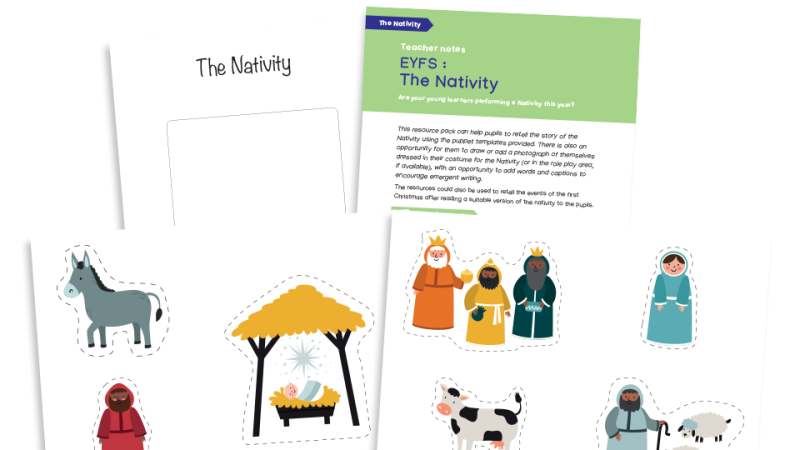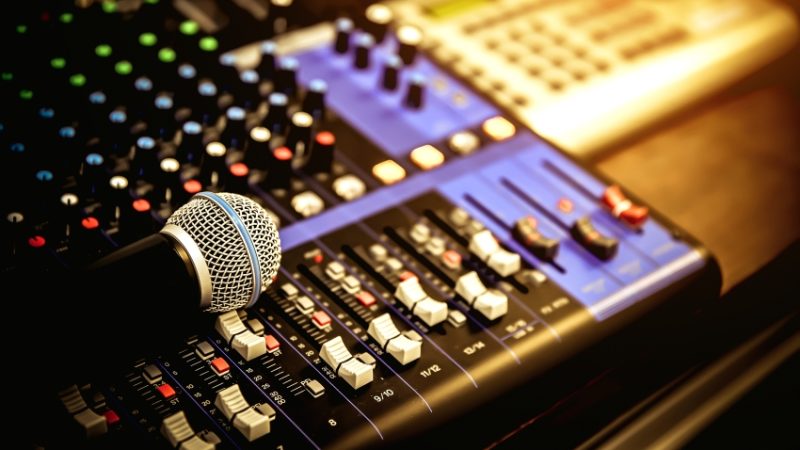Is the EBacc killing music?

Narrow accountability measures don’t lead to a broad, balanced and creative curriculum, argues Henry Vann

- by Henry Vann

In the second half of 2016 the University of Sussex undertook a research survey to assess changes in the provision of secondary music in England. It covered a number of years, enabling an investigation into how provision had changed over a significant period of time. With more than 700 responses from a range of schools the findings are significant and current – unlike the lagged data published by the Department for Education. In fact, this data presents the best picture of what is going on right now in our schools.
For example, in a neutrally worded question, 59.7% (393) of state schools highlighted the EBacc specifically as having a negative impact on the provision and uptake of music in their school (within and beyond the curriculum). Evidence from our research at the Incorporated Society of Musicians supports this perception. Conversely, just 3% considered that the EBacc had a positive impact on music.
By way of a reminder, until 2015 the EBacc was a league table measure which schools could arguably take or leave following a welcome policy U-turn in February 2013. However, in November 2015, the Government launched a consultation on plans to make the “percentage of entries into the EBacc” and the “attainment in the EBacc” two of the five main school accountability measures.
The impact of the perverse incentive this creates can be found right across the secondary curriculum. The number of students taking music qualifications other than GCSE has reduced – and as well as devastating cuts to A-level courses, we are seeing a knock-on impact earlier in the curriculum, at Key Stage 3.
No music at all
In some schools there is no Key Stage 3 music provision at all within the curriculum. With academies not having to follow the National curriculum, and Ofsted not doing enough to back up a broad and balanced curriculum (and not employing a specialist music inspector) some schools don’t even provide music as an option.
Carousel teaching across Key Stage 3 (for example, where students only study music for one term on a rotation with other subjects, such as dance and drama) has become more prevalent, with curriculum time in music reducing year on year. The least time offered for music via a carousel was 25 minutes for six weeks in the year – just 2.5 hours across the entire academic year.
And for pupils in Year 9 there is an increasing number of schools where music is now optional, despite being in the National Curriculum. In 2012/13 Year 9 music was compulsory for all students in 84% of schools but by 2015/16 it had dropped to 67%. Then in 2016/17 it decreased further to 62% of schools teaching music to all students in Year 9.
What can be done?
There are obvious mechanisms that could be put in place to tackle the perverse incentive caused by the EBacc and other accountability mechanisms:
- Withdraw the EBacc, or reform it to enable music – and other highly valuable and valued subjects like economics and design – to count towards all school league tables.
- Ensure that Ofsted employs subject specialists and inspects music and the broad and balanced curriculum in every inspection.
- Ask academies to abide by the National Curriculum so that at the very least the option of studying a broad and balanced curriculum up to age 14 is guaranteed, and that beyond this, music is given realistic billing as an option to pupils.
If we do not do this, the future looks bleak: music is likely to become the preserve of those who can afford to do it outside of curriculum time, diversity in our creative industries will be set back even further, and our creative industries themselves – critical at a time of economic pressure – will lose their world class status.
It’s time, surely, for the government to give music the credence it deserves.
Henry Vann is head of external affairs at The Incorporated Society of Musicians (ism.org).











